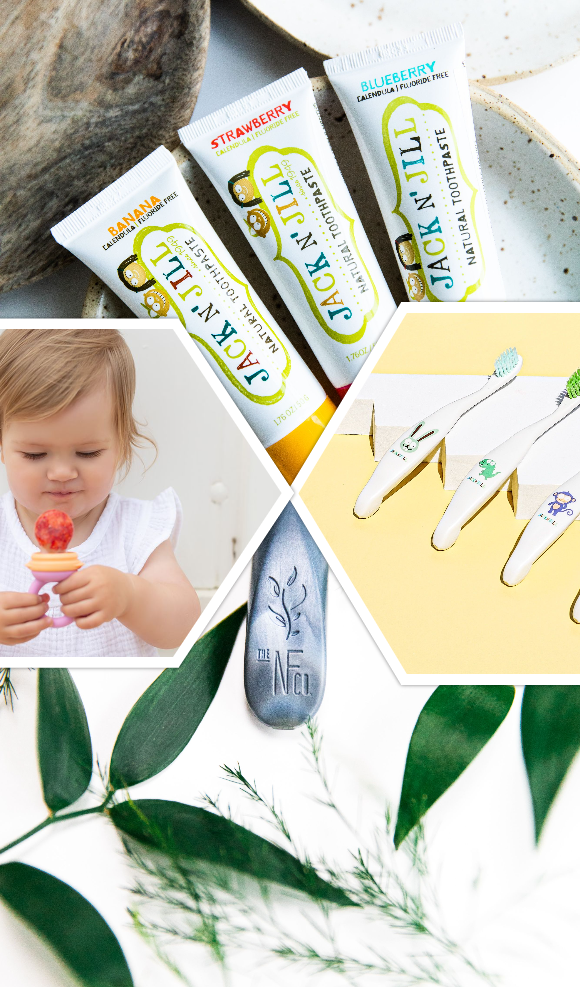
WHY NON-TOXIC SOURCE?
- Home
- Why Non-Toxic Source?


We live in a world where toxins are plentiful and present in all areas of our homes and greater environments from the food we eat, to the pillows we sleep on.
Research has made it increasingly clear that many products that we come into contact with on a daily basis could be potentially harmful to our health. We can choose to ignore the harmful effects they can have on our bodies, or we can get informed, assess our choices and make the necessary changes to protect ourselves and our families.
Sadly many manufacturers neglect to ensure that their products are safe and non-hazardous. Governments of countries where these goods are manufactured are often lax when it comes to enforcing laws to protect consumers. Consequently, it is the responsibility of each individual to proactively protect his or her own health, and that of loved ones. By avoiding known toxins, we can steer our lives away from disease and premature death and ensure our health and wellbeing for many years to come.
Toxins with which we come into regular contact include formaldehyde in clothing and certain beverages, artificial colours,artificial flavours, flavour enhancers, flame retardant chemicals and lead paint in children’s toys.
As information surfaces about the harmful effects of toxins on the body, increasingly large numbers of people now prefer an organic and green way of life. This trend will continue to gain momentum as consumer knowledge and awareness increases.
These are present in a number of mattresses, cushions, pillows, carpets and even some bed sheets and clothing. The aim of a flame retardant is to slow down the burning rate of the product, however the chemicals used are toxic and dangerous. Scientists have linked these dangerous chemicals to neurological damage, endocrine disruption and cancer.
Read labels carefully and buy organic wool/millet/buckwheat etc pillows whenever possible. We are breathing in the contents all night long and this is the time our bodies should be rejuvenating.
Most canned food containers contain a good dose of Bisphenol A (BPA). This chemical only leaches at very high temperatures, but the way in which many canned foods are cooked and prepared means that they are literally cooked while in the cans. There is a widely recognised link between BPA and heart disease, diabetes, aggressive child behaviour and infertility.. Some companies have already stepped in to replace BPA, however it is still not clear whether the replacements are safe or not.
These are highly toxic and have been linked to various forms of cancer. Further, insecticides have been linked to brain damage in children and coupled with misuse have caused death. Fortunately there are plenty of natural and effective remedies available. They may not be as easy to administer as synthetic pesticides however they will certainly do the trick and have the added benefit of preserving your health.
Most indicators are leaning towards the likelihood that GM foods are hazardous to our health. Further, herbicides such as Roundup, typically used on GMO crops are harsh and have been deemed by a number of bodies to cause significant harm. In the first instance, steer clear of the following vegetables unless they are organic or you know for certain that they are non-GMO: potatoes, corn, tomato, zucchini, rice, soybean, canola and rapeseed, salmon, papayas and sugar. It even pays to be wary of dairy products as some farmers inject cows with GE hormone rBGH/rBST and fed GM grains.
Read labels (although note that certain countries such as the US and Canada are not obliged to declare whether their produce contains GM ingredients), buy organic where you can, or better yet start growing your own veggie patch.
If you have your garments dry cleaned be sure to ask your Dry Cleaner what chemicals are used. Perchloroethylene, also known as PCE, or “perc” is incredibly toxic, so you will want to avoid breathing it all day long as you wear your dry cleaned garments. Unfortunately this chemical is the cleaner of choice although steps have been taken to ban it is certain countries.
Vinyl is laced with a plastic softener called phthalates. It has been linked to obesity, stunted growth, hormone disruption and brain damage. Where possible, always opt for wood, bamboo, 100% lino or cork.
These come in many different forms including air fresheners, scented candles, fabric softeners, hand soaps and perfumes. They are effectively polluting our air supply and contributing to an array of cancers and infertility, even at seemingly low levels. It’s better to opt for products that are “fragrance-free” or scented with essential oils.
Certain fruits and vegetables absorb a significant and harmful amount of the pesticides they are sprayed with.
– Strawberries
– Grapes
– Celery
– Peaches
– Chilies
– Tomatoes
– Cucumbers
– Potatoes
– Apples
– Leafy greens